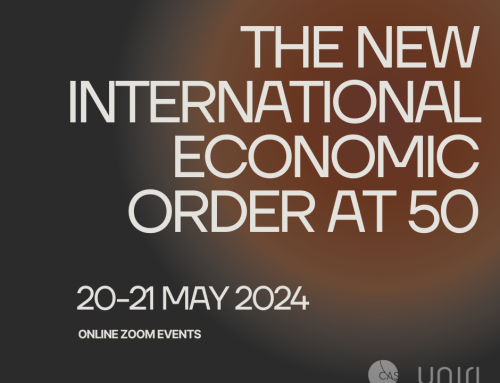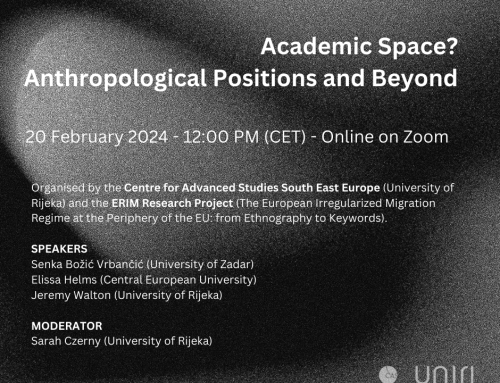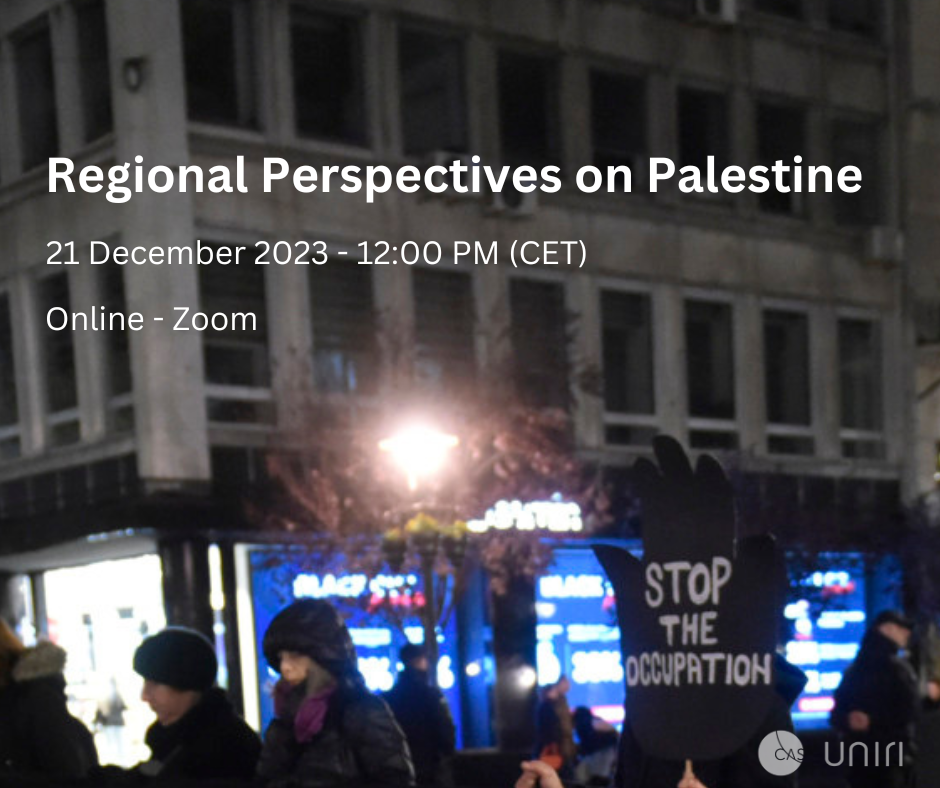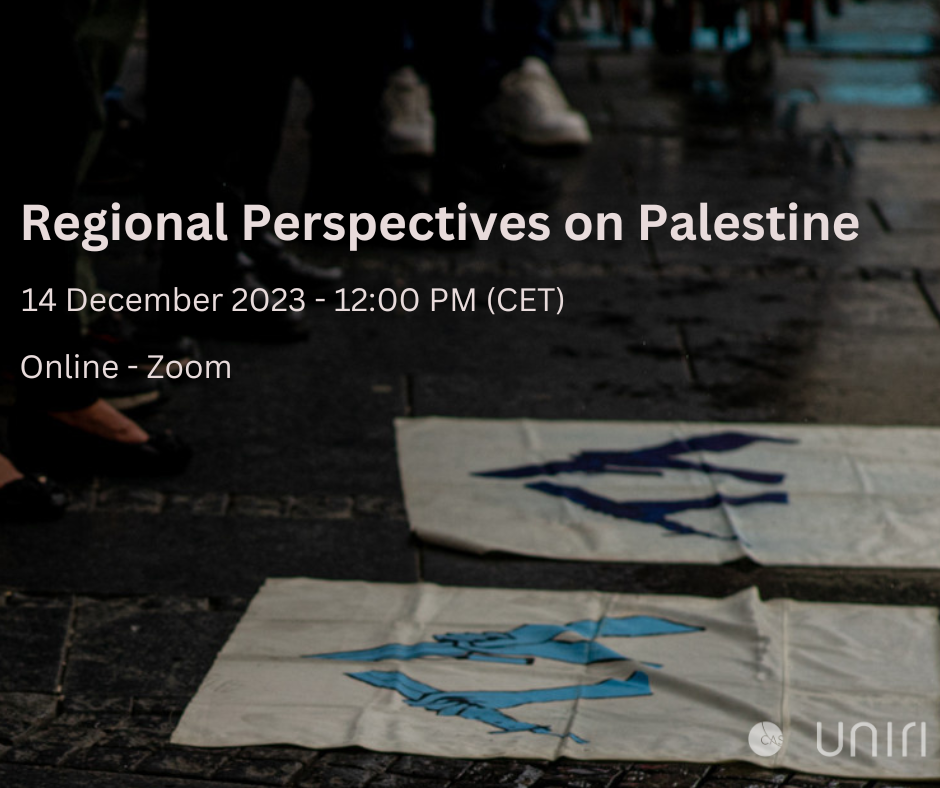The coming year will mark three decades since the publication of Immanuel Wallerstein’s and Etienne Balibar’s seminal work Race, Nation, Class: Ambiguous Identities. The book, characterized by a specific ”dialogical” structure, has become influential in the study of racism and in the interdisciplinary school of cultural studies. The publication of the work was preceded by a series of Wallerstein’s and Balibar’s debates at the Maison des sciences de l’homme in Paris between 1985 and 1987. In the course of these encounters, the two authors developed the unique dialogical method, the ”practice-of-theory”, which consisted in the gradual elaboration and intertwining of the three fundamental concepts – race, nation and class – through simultaneous historical-empirical and theoretical analyses.
Wallerstein and Balibar formulate in this study a complex analysis of the roles that the classificatory schemes of race, nation and class played in the process of the genesis and global spreading of capitalism, above all their role in legitimizing the extreme social inequalities that capitalism produces and deepens. Upon the analysis, the authors’ central theoretical claim is that one can identify fissures, ruptures and contradictions in the fabric of the conceptual and empirical inter-imbrication of the three categories, suggesting that any strategy of resistance to forms of social domination grounded in the race-nation-class nexus must identify and exploit these contradictions. The authors finally draw our attention to the fact that the race-nation-class constellation is constantly being reinforced in global capitalism, which also requires constant reflection about new strategies of resistance.
The seminar at the Institute for Philosophy and Social Theory aims to comprehensively reflect on the relevance and heuristic value of Wallerstein’s and Balibar’s study for the present day. Within its temporal limits, the seminar will try to employ the ”practice-of-theory” method of the book in its analysis and attempts at re-actualization. The participants are invited to engage in forms of critical reconstruction, either of particular aspects of the book or its whole, and to explore avenues for the possible application of Wallerstein’s and Balibar’s perspective in analyzing manifold ways in which the fundamental categories of race, class and nation are (individually or synthetically) today used to legitimize or challenge capitalism, globally as well as in the region of former Yugoslavia.
Time: December 18th 2017 at 14:30
Venue: Belgrade, Institute for Philosophy and Social Theory (address: Kraljice Natalije 45, 4th Floor)
Program
14:30 – 14:40 | Welcome Word – Petar Bojanić (Institute for Philosophy and Social Theory, University of Belgrade)
14:40 – 15:00 | Introductory Remarks – Manuela Bojadžijev (Humboldt-Universität zu Berlin/Berliner Institut für empirische Integrations-und Migrationsforschung, BIM)
15:00 – 15:20 | Regional Reception – Marjan Ivković i Djurdja Trajković (Institute for Philosophy and Social Theory, University of Belgrade)
15:20 – 15:35 | Coffee break
15:40 – 19:00 | Reflections on the Book
Participants
Rastko Močnik (University of Ljubljana and Faculty for Media and Communication, Singidunum University, Slovenia and Serbia), Gordan Maslov (Center for Social and Humanities Research, Croatia), Valida Repovac Nikšić (Faculty of Political Science, University of Sarajevo, Bosnia and Herzegovina), Nataša Sardžoska (Center for Advanced Studies of Southeastern Europe at the University of Rijeka, Croatia), Vedran Džihić (University of Vienna, Austria; Center for Advanced Studies of Southeastern Europe at the University of Rijeka, Croatia), Petar Bojanić (IFDT), Marjan Ivković (IFDT), Srdjan Prodanović (IFDT), Djurdja Trajković (IFDT), Jelena Vasiljević (IFDT), Adriana Zaharijević (IFDT), Carlo Burelli (Center for Advanced Studies of Southeastern Europe at the University of Rijeka, Croatia), Mónica Cano (Center for Advanced Studies of Southeastern Europe at the University of Rijeka, Croatia), Davide Pala (Center for Advanced Studies of Southeastern Europe at the University of Rijeka, Croatia)
[embedyt] https://www.youtube.com/watch?v=tmT5fbnbQek[/embedyt]
Organizing Committee
Petar Bojanić (Center for Ethics, Law and Applied Philosophy; Institute for Philosophy and Social Theory, University of Belgrade)
Djurdja Trajković (Institute for Philosophy and Social Theory, University of Belgrade)
Marjan Ivković (Institute for Philosophy and Social Theory, University of Belgrade)
Partners
Institute for Philosophy and Social Theory, University of Belgrade
Center for Advanced Studies of Southeastern Europe (CAS SEE), University of Rijeka
Support
Seminar is supported by Haus der Kulturen der Welt (HKV), Berlin







